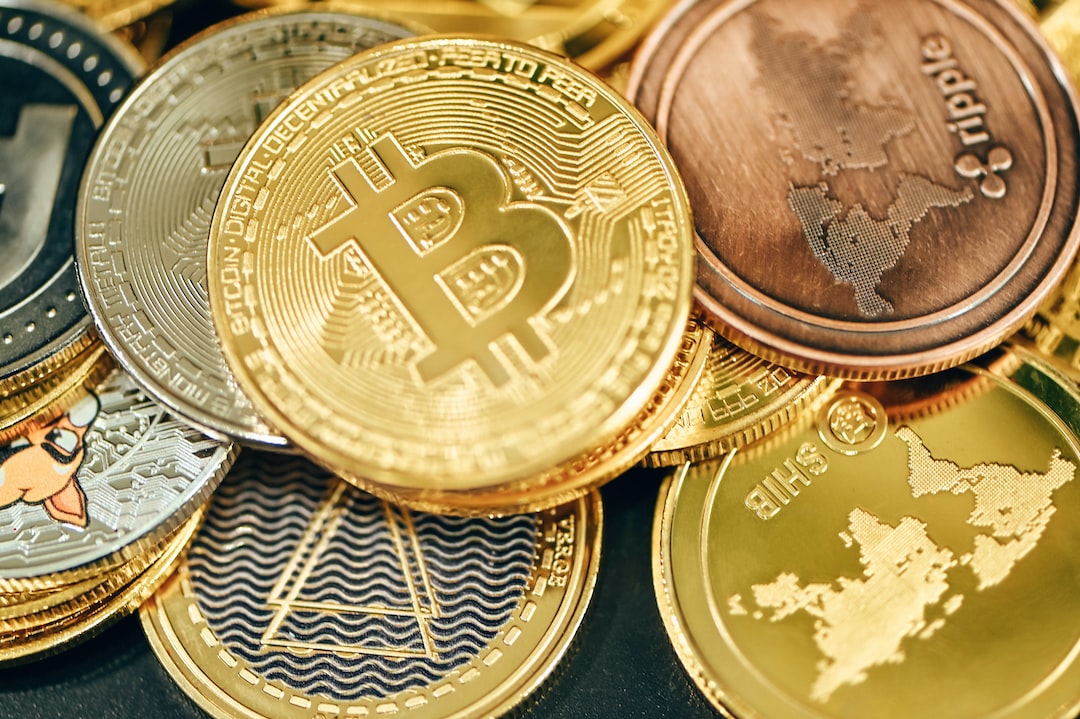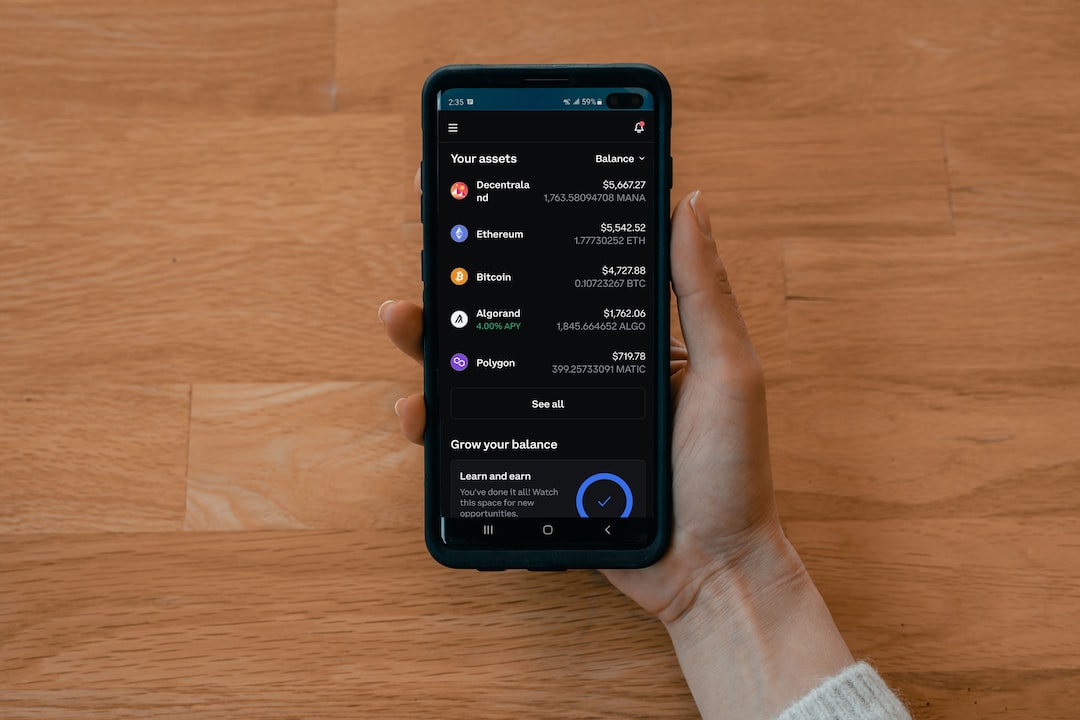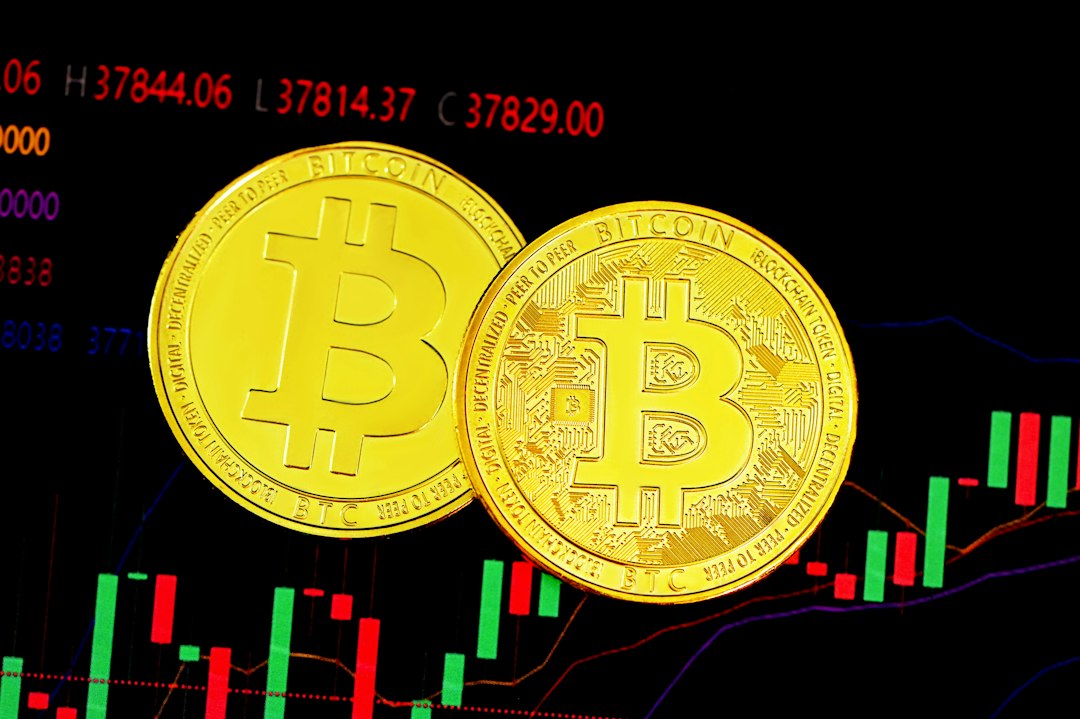The Sandbox Warns Against Scammers Impersonating Whitelist Beta Testing
The Sandbox, an Ethereum-based metaverse and gaming ecosystem, has issued a warning about scammers claiming to be launching The Sandbox Whitelist Beta Testing. In a blog post on October 19, Sebastien Borget, the co-founder and CEO of The Sandbox, confirmed that there is currently no such beta testing taking place. Borget urged the crypto and NFT community to be cautious and avoid clicking on any links from non-official social media pages.
Scam Alert: Beware of Phishing Attempts
The blog post was accompanied by a tweet from Borget cautioning users about the scam attempt. He advised not to trust any emails or click on any download buttons related to “The Sandbox Whitelist Beta Testing” and report them as phishing attempts. Borget also emphasized the importance of staying safe and checking with official sources such as The Sandbox’s Twitter account.
⚠️ Beware of a new SCAM attempt! ⚠️
There is no “The Sandbox Whitelist Beta Testing” currently going on.⛔️Do not trust this email and do NOT click on the DOWNLOAD buttons. Report the email as PHISHING directly.
🥽 Stay safe and always check with official @TheSandboxGame in… pic.twitter.com/DiBe4DFLPM
— Sebastien 🏞 (@borgetsebastien) October 19, 2023
About The Sandbox and its Virtual World
The Sandbox is a decentralized virtual world launched in 2012 that allows creators to design, share, and sell in-world assets. It is part of a growing number of blockchain-based virtual worlds aiming to revolutionize the gaming market and reward creators for their user-generated content. In The Sandbox metaverse, users can create and animate 3D objects called ASSETS using the ERC-1155 token standard. These objects can be minted as fungible or non-fungible tokens through a single smart contract.
The ecosystem of The Sandbox is powered by an ERC-20 token called “$SAND,” which facilitates transactions and interactions within the platform. Players can use $SAND tokens to purchase virtual assets and LANDS, which are digital plots of real estate represented by ERC-721 tokens (NFTs). These LANDS can be used to host games and house ASSETS within the metaverse.
Increase in Crypto and NFT Scams
The Sandbox’s warning adds to the growing list of institutions, investors, and businesses falling victim to scams. Just weeks ago, billionaire investor Mark Cuban lost over $870,000 in a crypto hack after inadvertently downloading a malicious app alongside phishing links. Ethereum co-founder Vitalik Buterin also experienced a hack on his Twitter account, resulting in users losing over $691,000 due to a fake NFT giveaway promoted through a malicious link.
In related news, a recent survey revealed that approximately one-third of Calgarians who own cryptocurrencies have reported falling victim to crypto-related scams, resulting in losses exceeding $22.5 million this year.
Hot Take: Stay Alert and Protect Your Crypto Assets
The rise in crypto and NFT scams highlights the need for users to remain vigilant and take precautions to protect their digital assets. It is crucial to verify the authenticity of any claims or offers, especially when it comes to beta testing or giveaways. Always double-check information with official sources and avoid clicking on suspicious links or downloading unknown apps. By staying informed and cautious, you can help safeguard your crypto investments from potential scams and phishing attempts.





 By
By
 By
By
 By
By
 By
By
 By
By